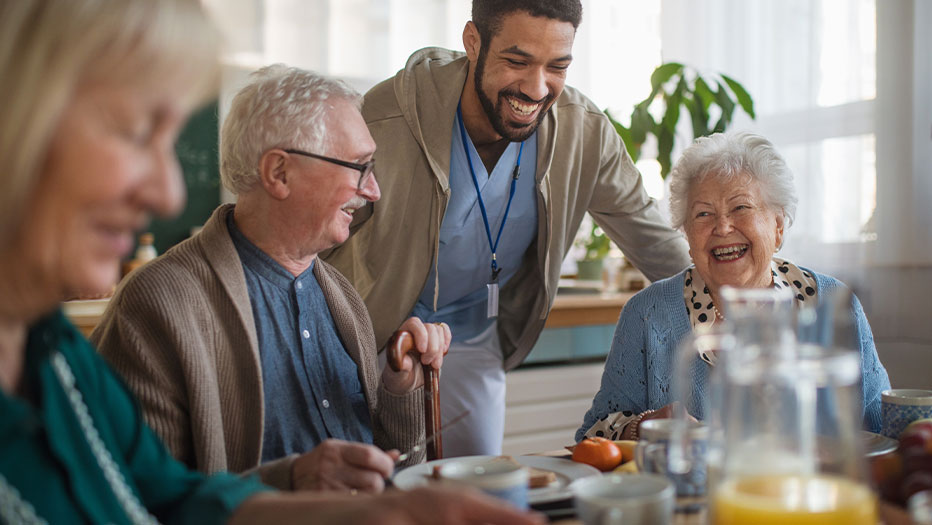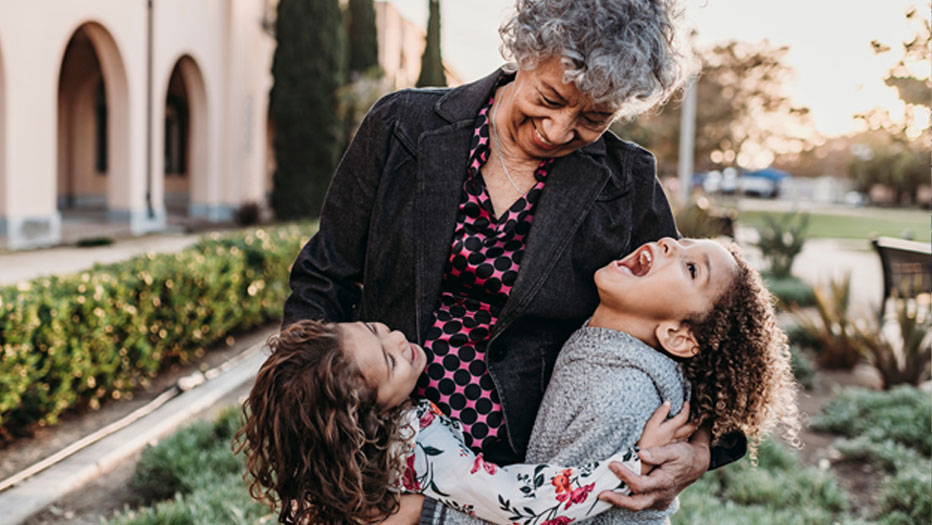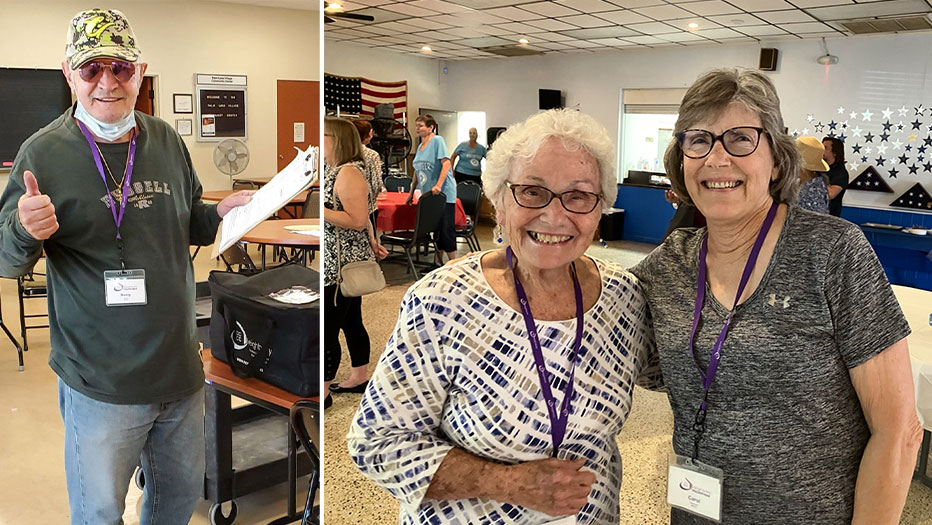
Want to Live to 100 and Beyond? Here’s How!
Hilary Justice, CVA
More and more people are living to 100 and beyond in America! In fact, the 85+ group is the fastest growing segment of the US population, followed by the 100+! So, what makes these individuals so unique?
For starters, these “superagers” – people who are age 95+ – seem to have both a positive outlook on life and demonstrate “resilience,” according to Sofiya Milman, director of Human Longevity Studies at the Institute for Aging Research at Albert Einstein College of Medicine. What is resilience? Optimism, hopefulness, the ability to flex when life changes, meaningful relationships, community connectivity, and movement.
There are approximately 101,000 centenarians living in the US according to the US Census Bureau. According Thomas Perls, founder and director of the New England Centenarian Study, 15% live independently or operate independently while living with someone, and about 20% of centenarians are free of physical or cognitive impairments. An additional 15% have no age-related illnesses such as arthritis or heart disease!
One aspect of resilience (community connections) is where I want to focus in this post. Time and time again, whether it’s longevity or happiness, the people who seem to live the longest and are happiest have meaningful relationships and they often maintain community connection through volunteering. As a byproduct of volunteering, many stay active, walking or moving, just like Meals on Wheels volunteers. In fact, until just about a year ago, Neighborly even had a centenarian volunteer delivering meals to clients – sometimes 30 years younger than he!
Dilip Jeste, MD, distinguished professor of psychiatry and neurosciences and director of the Sam and Rose Stein Institute on Aging at University of California San Diego, says that being outside and having purpose are also linked to longevity. Why is being outside so helpful? For many reasons, Dr. Jeste says. While vitamin D production from sun exposure helps, he says, “When you’re outdoors, you’re being active,” he says, whether you’re gardening or walking to or from somewhere. “You’re also looking at trees and nature. You’re more apt to interact with other people than feeling isolated. All this can promote happy feelings.” That, in turn, promotes a positive outlook on life.
In Blue Zones around the world (where people frequently surpass 100 year old birthdays) often they are busy taking part in family or community events. Dr. Jeste believes that this feeling of purpose makes matters less stressful when challenges inevitably arise. “When they believe they need to be here for their family, children, land, or some other purpose, they’re less likely to give up,” he explains. And this is where the benefits of volunteering are so evident.
If you’re looking to live a long, healthy life, strive for movement, a healthy diet, 8 hours of sleep at night, and find your purpose, maybe volunteering for a cause you feel passionately about. Data shows you will, at the very least, be happier for doing so!
At Neighborly, Caring is at the Center of All We Do.




















